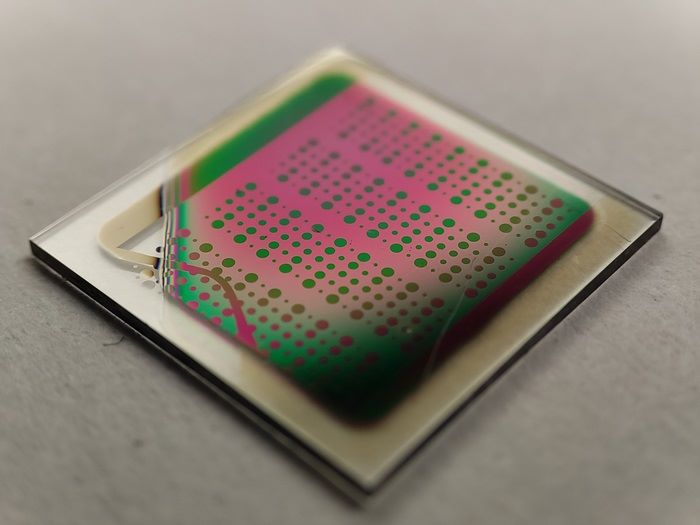What is regenerative battery and why it’s better than lithium-ion ones
A team of three researchers at the Vienna University of Technology have invented a regenerative battery that is safer, cleaner, and lasts longer than lithium-ion batteries.
An Austrian university release says the oxygen-ion battery solves a large number of problems which are related to lithium-ion batteries. The latter are among the most commonly used energy storage devices in the world and one of the most frequent problems they share is frequent overheating. This results sometimes in fires and loss of effectiveness as the battery age. Also, in some batteries the charge carrier no longer works at a certain point of life.
Another issue is of environmental nature – one ton of lithium requires more than 83,000 tons of water during the mining process, which leaves a major impact on local communities. Not to forget that lithium batteries contain materials made of lead, cobalt, copper, nickel, which are toxic and whose disposal is both expensive and puts people’s health at risk.

The prototype of an oxigen-ion battery made at the Vienna University of Technology. Credit: TU Wien
These problems do not exist with the oxygen-ion batteries, the researchers assure. First, they don’t have the same aging issue as lithium batteries do, therefore they last much longer.
Then, they can be made of incombustible materials and don’t require rare elements, being manufactured from ceramic materials, a fact that reduces the harm for environment and the risk for users, says Alexander Schmid, one of the three authors.
The ceramic materials that the Vienna University team studied can absorb and release doubly negatively charged oxygen ions. When an electric voltage is applied, the oxygen ions migrate from one ceramic material to another, after which they can be made to migrate back again, thus generating electric current.
“The basic principle is actually very similar to the lithium-ion battery, but our materials have some important advantages,” Professor Jürgen Fleig is quoted as saying, Ceramics are not flammable – so fire accidents, which occur time and again with lithium-ion batteries, are practically ruled out. In addition, there is no need for rare elements, which are expensive or can only be extracted in an environmentally harmful way.
One advantage of ceramic materials is that they can be replaced easily. The prototype of the oxygen-ion battery uses a material called lanthanum, which is neither rare nor common, and the team is already exploring ways to replace it with something cheaper.
The best achievement, however, is the longevity of the new battery. They can be regenerated without any problems: If oxygen is lost due to side reactions, then the loss can simply be compensated for by oxygen from the ambient air.
Oxygen-ion batteries are not faultless, though. They possess a lower energy density than lithium batteries and run at temperatures between 200 and 400 degrees Celsius, therefore they can’t be effectively used in electric cars or smartphones but are perfect for storing clean energy.
"If you need a large energy storage unit to temporarily store solar or wind energy, for example, the oxygen-ion battery could be an excellent solution," says Alexander Schmid. "If you construct an entire building full of energy storage modules, the lower energy density and increased operating temperature do not play a decisive role. But the strengths of our battery would be particularly important there: the long service life, the possibility of producing large quantities of these materials without rare elements, and the fact that there is no fire hazard with these batteries."
There are several alternatives to lithium-ion batteries in development at present, most promising being sodium-based batteries by HiNa Battery in China and sand batteries by Polar Night Energy in Finland.







